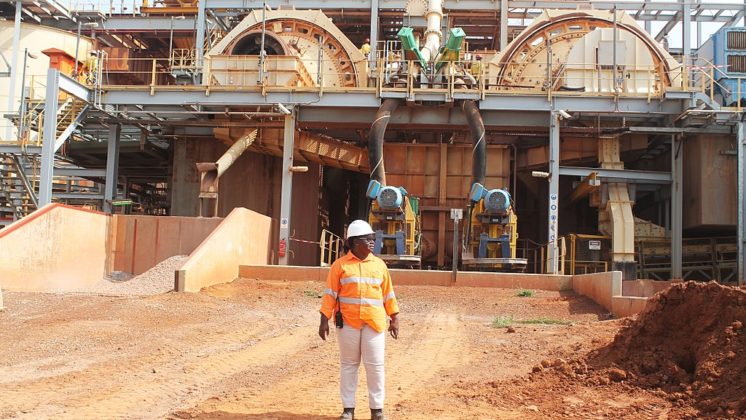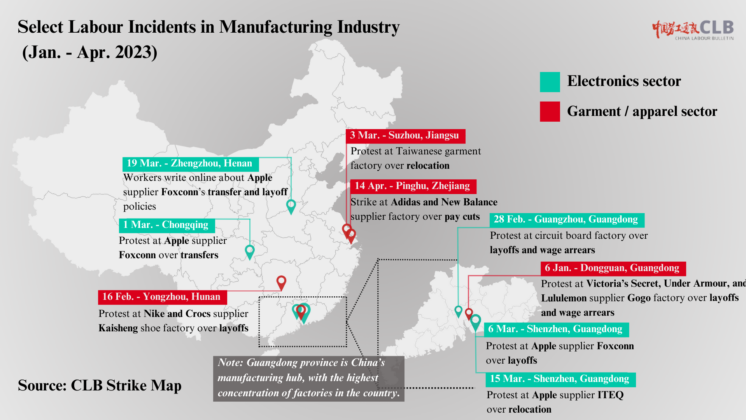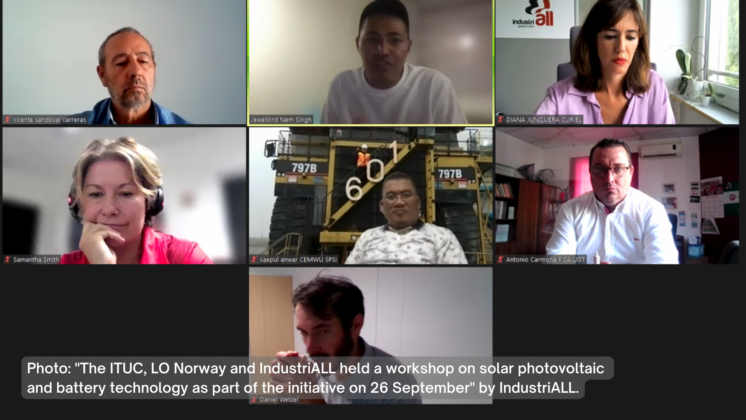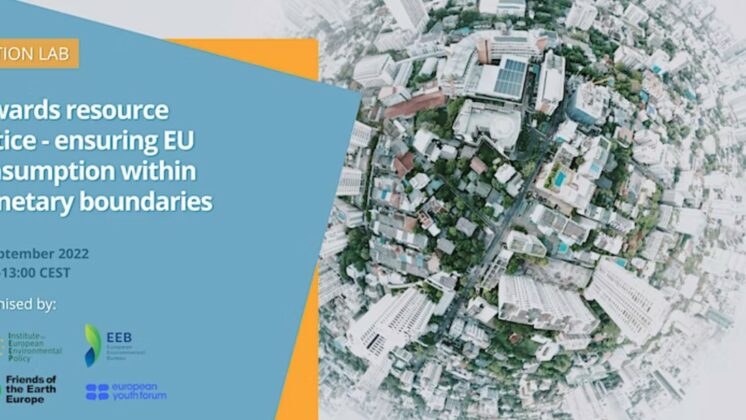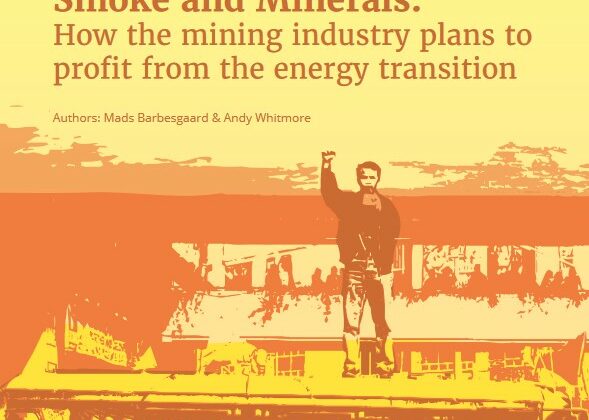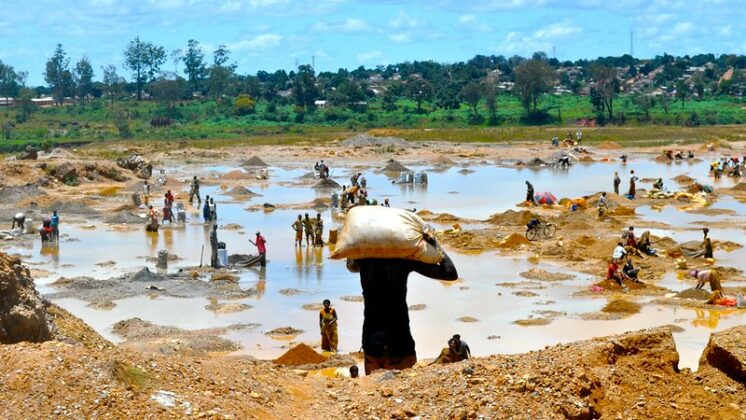Climate justice activists amplify their demand for just transition and community-based renewable projects that work for the people as more than 630 industry lobbyists meet at the conference centre in Sharm el-Sheikh to discuss climate finance, forests and food systems. In this Analysis, author Nina Lakhani sheds light on the challenges for grassroots leaders from frontline communities as market-based solutions are pushed on the Cop27.
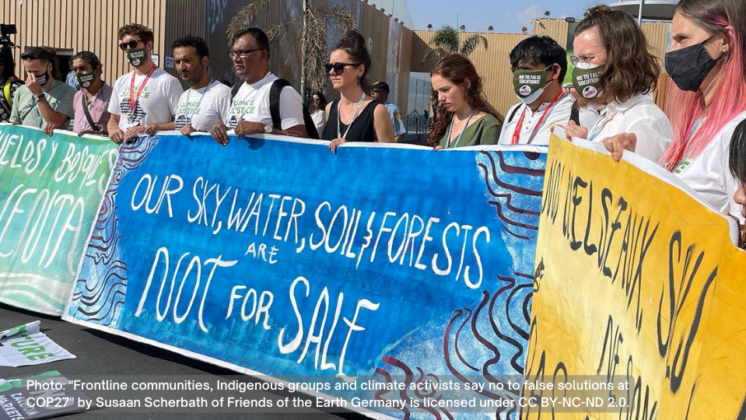
According to the Business and Human Rights Resource Centre, about 600 million people in Africa still lack access to electricity, and there is still no guarantee that the transition to solar, wind, hydro and geothermal will be just. The Centre recorded 369 attacks linked to renewable energy projects, including the murder of 98 land and environmental defenders between 2015 and 2021.
“The renewable energy sector is at risk of replicating the abuses of the profit driven extractive model. If we’re talking about climate but not talking about inequality and human rights, then we’re not talking about a just and sustainable energy transition,”
said Jessie Cato, Business and Human Rights Resource Centre natural resources programme manager.
Indigenous Movement for Peace Advancement and Conflict Transformation (Impact) in northern Kenya raised the issue of land grabbing, as the biggest wind project in Africa has caused forced migration, conflicts, gender-based violence, water and food insecurity as well as the disruption of cultural and language traditions.
“If you violate people’s basic rights and the communities have no benefits, it can never be just,”
said John Tingoi of Impact.
The Article also notes that policies on respecting land rights are lacking in the world’s 15 largest renewable energy companies and only very few have policies that recognise the rights of the Indigenous peoples.
Land grabs, water contamination, violence and criminalisation are also documented in the case of mining the transitional minerals required for electric vehicles and green technologies such as lithium, copper and cobalt. Between 2010 and 2021, 495 allegations of human rights abuses were recorded by the Resource Centre.
The article is first published on the Guardian. Read the full article here.


